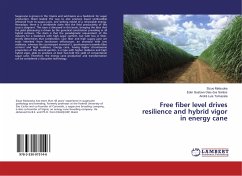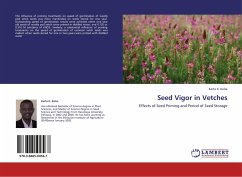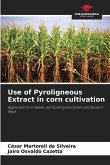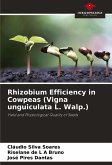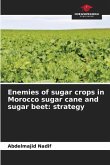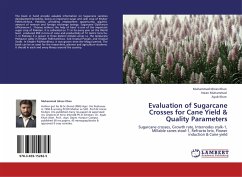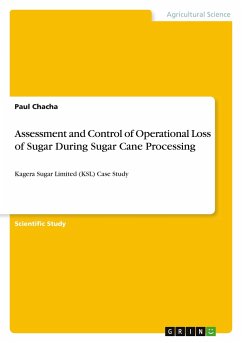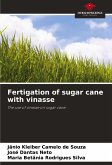Sugarcane is grown in the tropics and subtropics as a feedstock for sugar production. Brazil leaded the way to also produce liquid combustible (ethanol) from its sugary juice, one striking model of a renewable energy. Nowadays, there is a worldwide claim that the field productivity of this crop is stagnant. This issue is discussed in this book, bringing the idea that the yield plateauing is driven by the genetical constitution prevailing in all hybrid cultivars. The claim is that the paradigmatic requirement of the industry for a feedstock with high sugar content, but with low in fiber, strictly determines that constitution. Low fiber and high sugary juice are traits inherited from Saccharum officinarum, an ancestral with low resilience, whereas the counterpart ancestral S. spontaneum transmits fiber content and high resilience. Energy cane, having higher chromosome proportion of the second genitor, is a type with higher resilience and high hybrid vigor, able to produce at least two-fold the yield of conventional sugar cane. Therefore, the energy cane production and transformation can be considered a disruptive technology.
Hinweis: Dieser Artikel kann nur an eine deutsche Lieferadresse ausgeliefert werden.
Hinweis: Dieser Artikel kann nur an eine deutsche Lieferadresse ausgeliefert werden.

